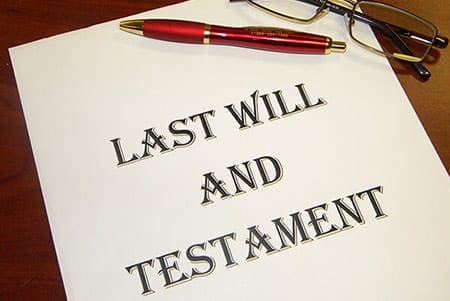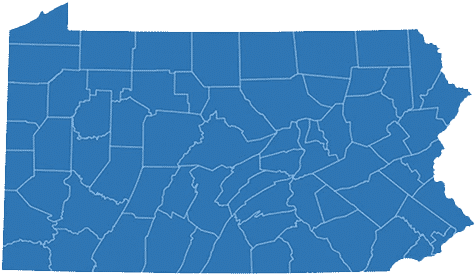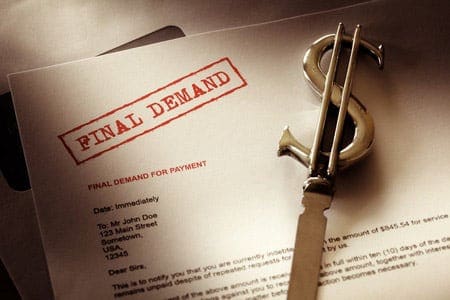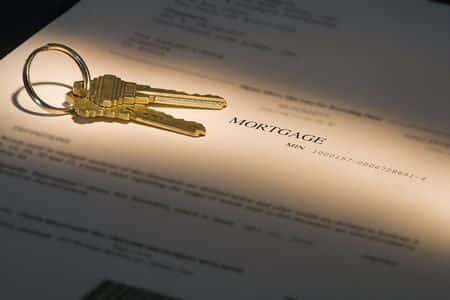Yes, a Legal Will is Essential for Your Estate
For many people, the thought of a Will brings with it unpleasant thoughts of death.
Many people think, “I’m in good health, why do I need to think about having a Will?” Certainly, wills are very easy to put on the back-burner for another day.
Unfortunately, death can stalk even the healthiest and youngest of us, and preparing a Will allows you to control what happens to the property you’ve acquired over your lifetime – no matter how much, or how little, you may own.
Even a young person at the beginning of their career, without a spouse or direct dependents, may still have prized possessions, a beloved pet, a favorite collection, and other meaningful memorabilia that they would want to leave to friends and family. A valid Will is critical for those of us who own homes, have significant property and savings, and for whom the welfare of our spouse and children are important.
Talking to an attorney about a Will is a good idea for anyone. To learn more about why a valid Will is important for you personally, call us at 877-827-9006.
What is a Will?
A Will, in its simplest form, tells your survivors what you wish to do with your property after you die. You should never assume that, “My wife will know what to do with my property” or “My kids can split my property – they get along well and won’t fight over my stuff.”
At Harold Shepley & Associates, we have heard these statements from clients in the past and, unfortunately, have been there when they proved not to be true.

Beyond having a Will to make sure your property is disposed of as you wish, it can also prevent fights between family members and make things much easier on your survivors.
A Will names an Executor to act as the manager of your estate and to dispose of your property. Without a Will just about anyone can petition a court to be named as an Executor. If you have a Will, you name the person whom you trust to manage your estate.
What if I Don’t Have a Will?
If you die and do not have a Will, your property can be distributed by Pennsylvania Intestacy Laws, 20 Pa. C.S.A. §2101 – §2110.
This means that the Commonwealth of Pennsylvania will decide who receives your property, not you. For example some people may have children who they don’t have a relationship with and may not wish them to receive property when they pass, or may want them to receive less than their other children. Without a Will all children would share equally in the estate.
Having a Will also makes it easier on your survivors. After going through the trauma of someone’s death, many people don’t know what to do with the property of the deceased. A Will is their guide on what the deceased’s wishes were for their property.
Your Will and Your Estate
Proper estate planning can also help avoid paying unnecessary taxes; can provide care for minor children; can provide care for pets; decide who will act as your Executor to enact your final wishes and fund charitable causes etc. No matter how much property you have, having a Will can help you enact your last wishes regarding the disposition of your property and help your survivors dispose of your property as you wished.
Although Pennsylvania recognizes Holographic Wills (those prepared and signed by the deceased), the most common Will today, and easiest to administer, is the Self Proving Will. A Self Proving Will has two (2) witnesses who have signed affidavits in front of a Notary. This requires no further affidavits or witness testimony to be submitted for administration.
“An ounce of prevention is worth a pound of cure!”
Why Choose Harold Shepley and Associates, LLC?
At Harold Shepley and Associates, LLC, we have over eleven years of experience dealing with the issues you are currently facing. We are a full service Law Firm that is client-oriented and will work hard to meet your personal needs in this situation.
Call us today at 877-827-9006, or complete our easy to use contact form. We’re ready to help.




